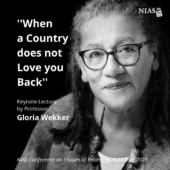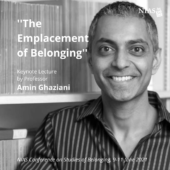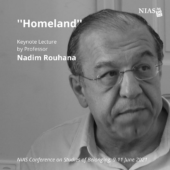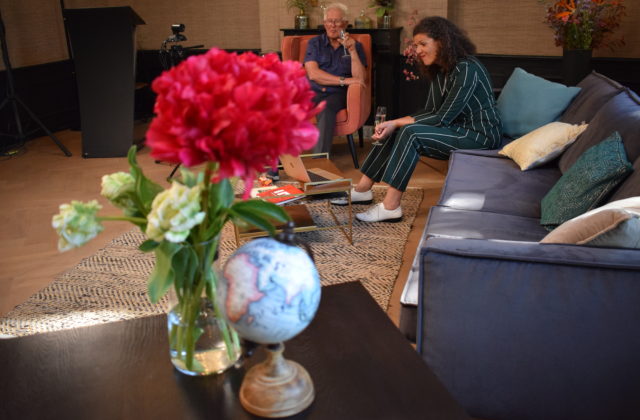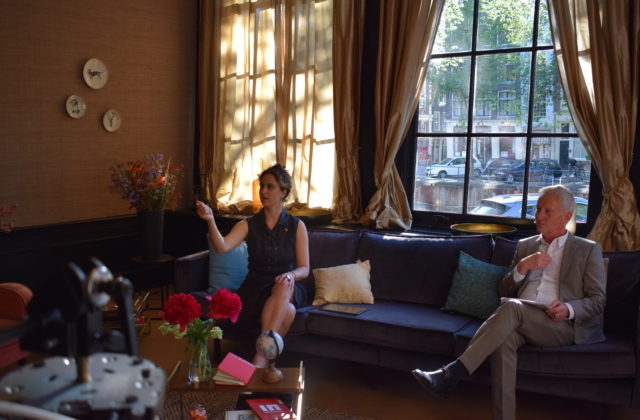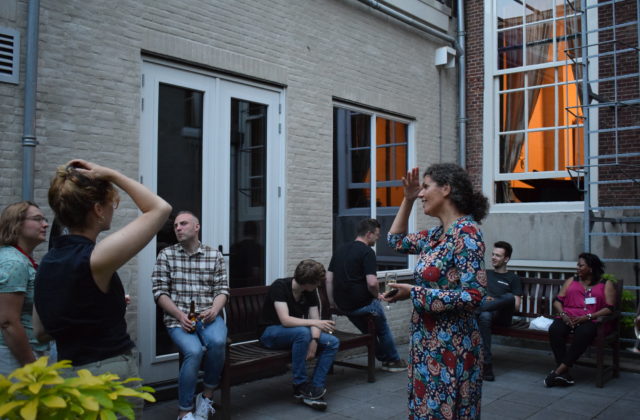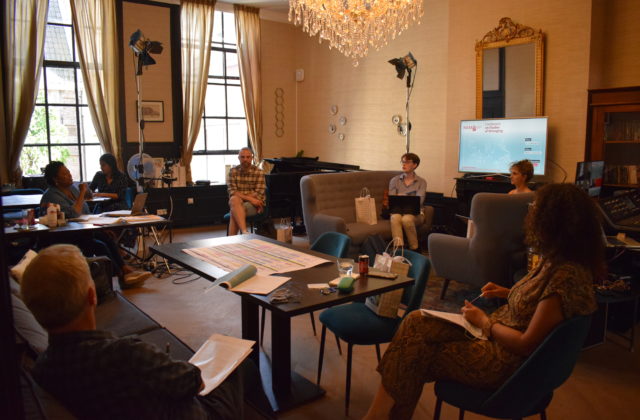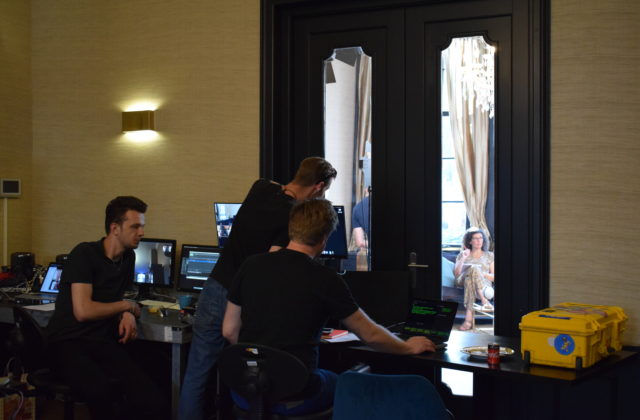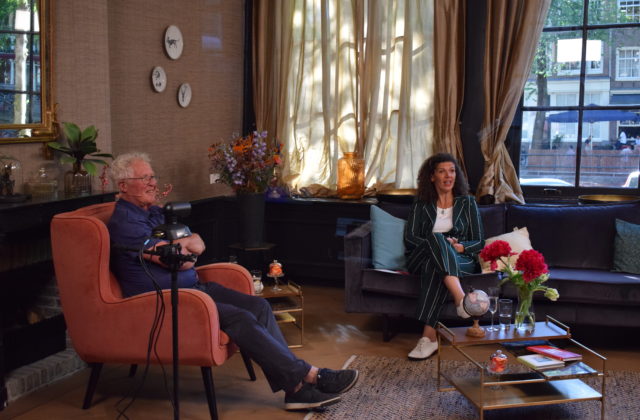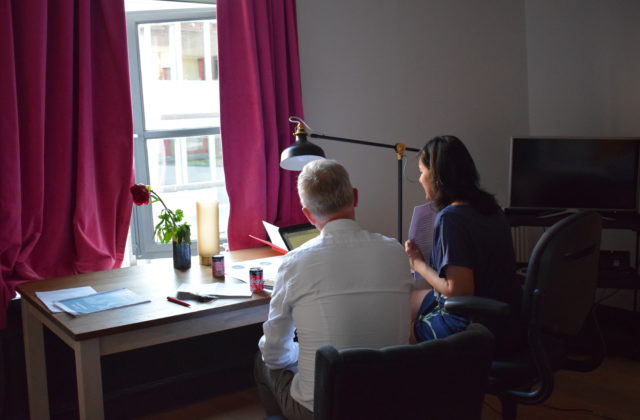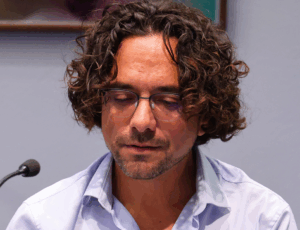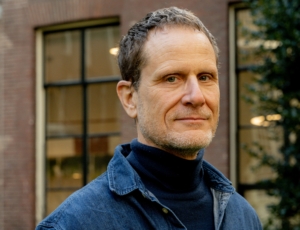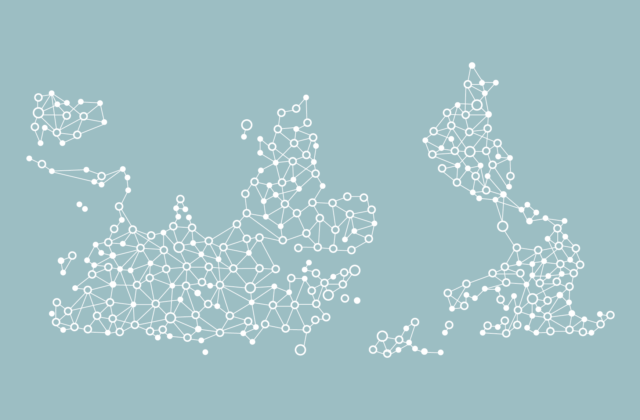
The NIAS 2021 Conference on Studies of Belonging
Highlights from the three day Conference
The three-day interdisciplinary conference on Studies of Belonging brought over 600 participants from 27 countries together. In this working conference, participants collectively explored how the term Belonging is used in science and arts.
On the occasion of NIAS’50th anniversary, everyone was welcome to attend the keynote lectures which was given by prominent academics who all explored the theme of Belonging from their own field of expertise.
- Gloria Wekker, When a Country does not Love you Back
- Amin Ghaziani, Emplacement of Belonging
- Nadim Rouhama, Homeland and the Right to Belong
Fresh from the press
After each Conference day a newspaper was made, which captured only a part of what happened that day.
NIAS Conference Newspaper Day #1
Programme Book
You can view and download the full Conference programme here
Link to keynote lectures
Behind the scenes
Key Takeaways by the Panel Chairs
Isolde de Villiers on Creating Places in Spaces
The connection of time to place and how this impacts belonging was a central theme in all the contributions. The emigration patterns in Italy were shown to have changed over time, the meaning attached to the balcony space in the city changed over time and due to the COVID-19 pandemic, the pop-up sanctuary as having its own temporality. The connection to time brings to the fore the disruptive potential of place and the plurality of public place. I was reminded of the work of Doreen Massey and her call to re-imagine the established distinctions between place (as bounded, imbued with meaning, bounded, home) and space (open, in flux, meaningless). This radicalises not only space, but also place and therefore also the idea of belonging in place.
Michiel Bot on Infrastructures and Belonging
Sometimes, infrastructures of national or racial belonging produce a sense of belonging by rendering unwelcome “outsiders” invisible, but at other times, these infrastructures instead produce a sense of belonging by making these outsiders visible as not belonging. Understanding this distinction is crucial for imagining inclusive infrastructures of belonging.
Imitri Erasmus on The Politics of Gender and Belonging,
At what price do struggles for and/or claims of belonging come?
Marjoliene Kars on The Politics of Race and Racism in the Netherlands
How much work there is to be done in The Netherlands to recognize, acknowledge, and deal with race and racism!
Heike Schmidt on Comparing Identity Politics
Sadia Kamran’s paper on identity politics and art in Pakistan poses the provocative suggestion that Muslim Pakistan in the 21st century has a new role for artists as nation builders. The redefinition of what it means to be an artist and of objects of art through making art and its commodification has therefore opened this space of being and belonging.
Lisa Marie Borrelli on Space-making and Belonging
We discussed to what extent segregation has increased during and through Covid, but also lifted issues that displacement and forced relocation have for individuals and their different scales of feeling at home. This is obviously linked to the relational interplay with different stakeholders that influence the ability to feel at home, including cities attempt to commodify belonging, but also affect the way how individuals are able to create meaningful relations and friendships throughout their lives.
Markha Valenta on Histories of Belonging and Non-Belonging
The panel centred borderland histories as sites where state violence and the rigidities of formal identities are variously enforced, challenged, and eluded by the fluidity of everyday human lives, community and imagination. And it is this which is at stake: firstly, the tension between borders as violently rigid or sustainingly fluid in their emplacement of identity and community; and, secondly, the tension between historical archives as technologies of nationalist rule versus as a means to making claims for the future within and beyond the nation-state.
